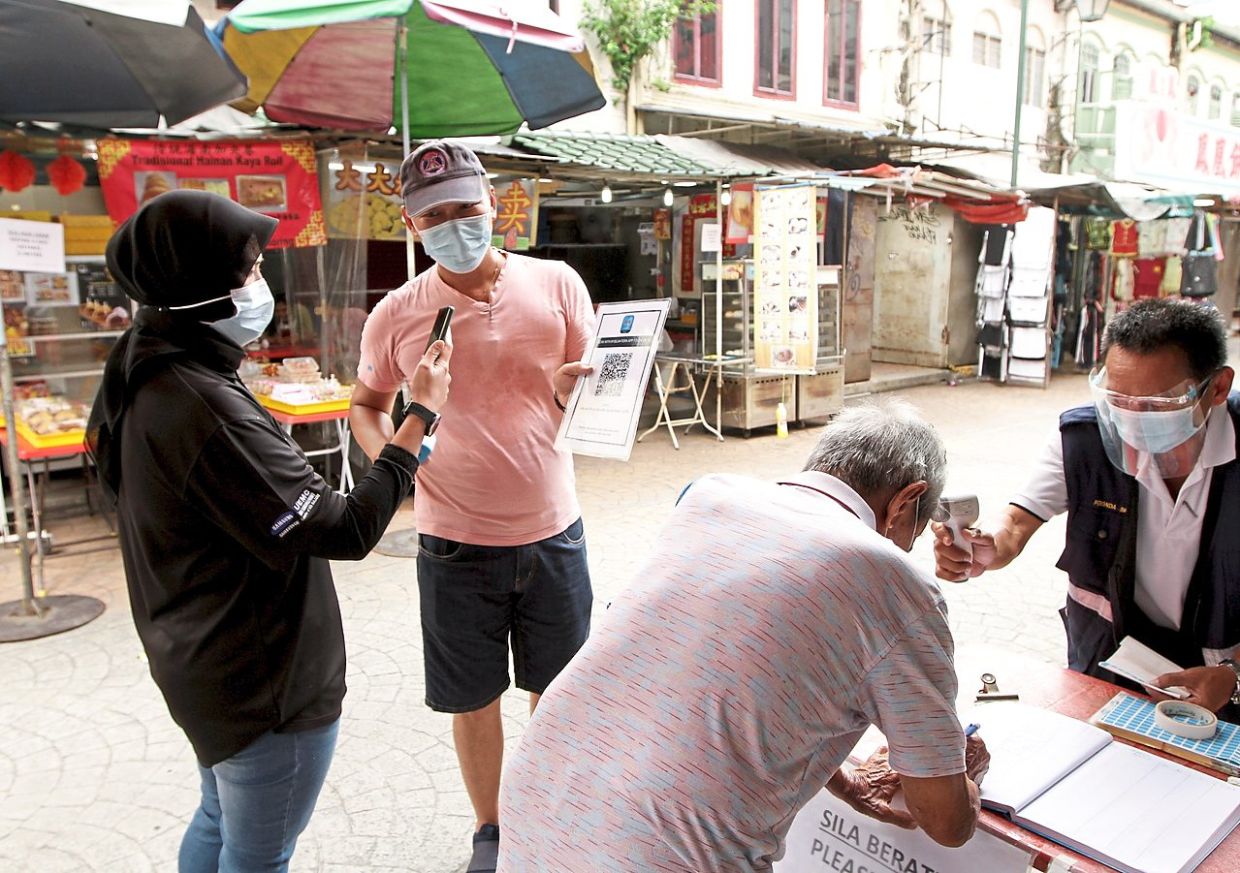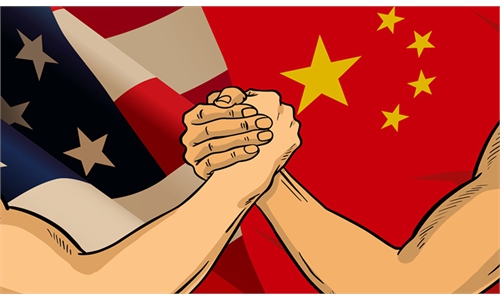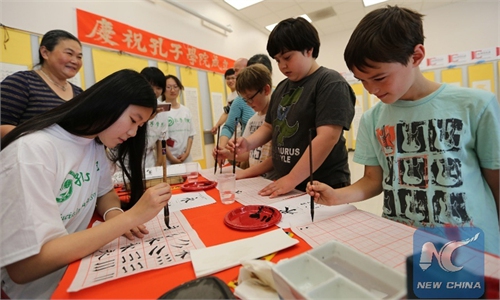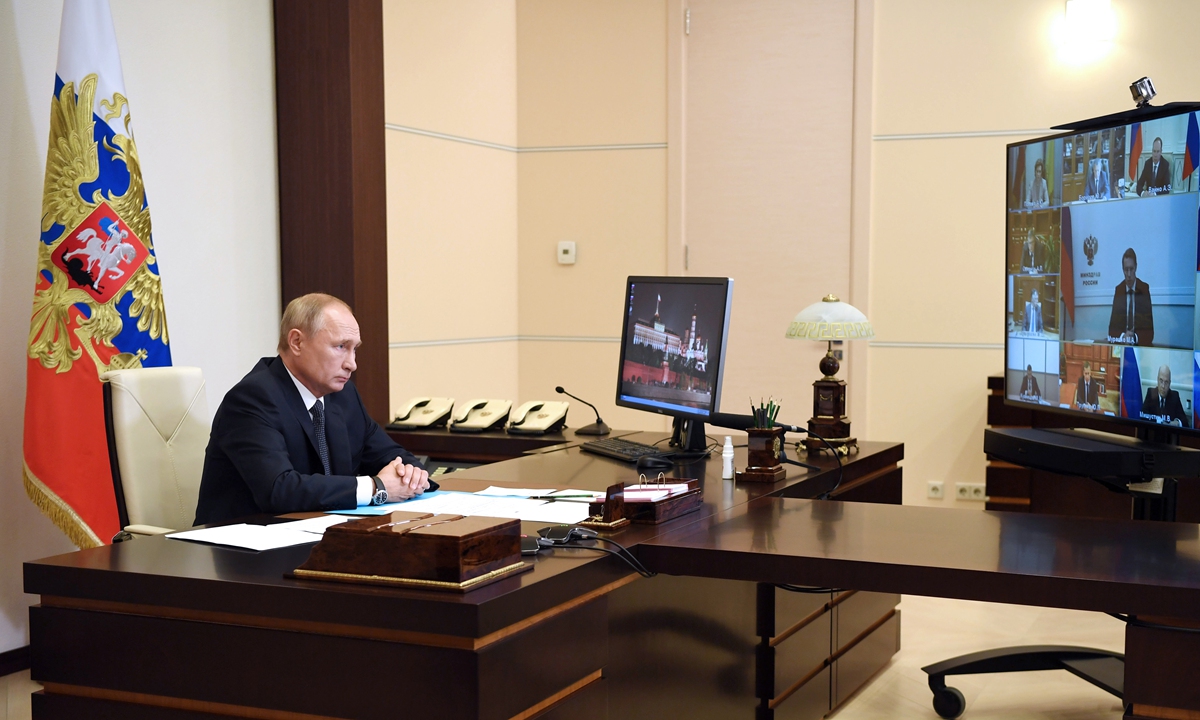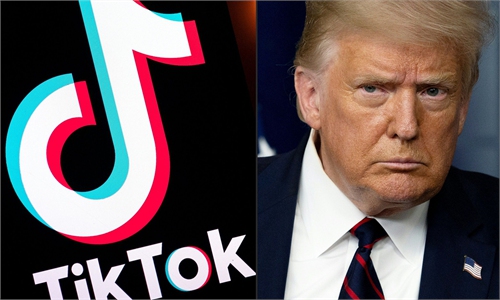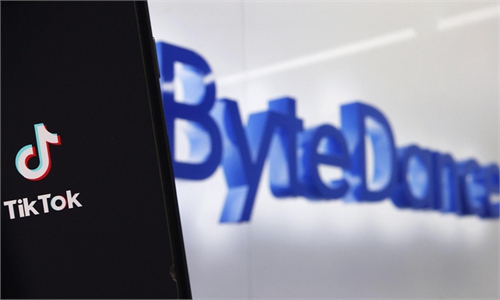How to use MySejahtera, Gerak Malaysia and MyTrace
https://youtu.be/FDYCakU78rI
In this video, we show you how to use Malaysia's three COVID-19 tracing apps to help you navigate the MCO better. Visit us at www.klgadgetguy.com for tech news, gadget reviews and more.
Cara Daftar Premis & Check In QR Code dengan MySejahtera
https://youtu.be/HB_uGoc13Kw
Aplikasi penting semasa pkp. Cara daftar dan menggunakan aplikasi MySejahtera / My Sejahtera. https://youtu.be/jHYuv43cr2k
https://youtu.be/XbdhdsNYEDk
https://youtu.be/SsDNmh6ODS0
KUALA LUMPUR: THE government plans to make the use of the MySejahtera app mandatory and do away with manual registration of personal data, the House heard.
Minister in the Prime Minister’s Department Datuk Seri Redzuan Md Yusof said: “We are currently studying and discussing with the National Security Council and the Attorney General’s Chambers whether we can enforce this as a law.”
He replied to Dr Lee Boon Chye (PH-Gopeng) during Minister’s Question Time.
The MP had asked the ministry to state the limitations faced during the implementation of the MySejahtera app as many premises still used logbooks to record a customer’s information.
Redzuan said this was part of a new culture that the government was trying to introduce to make it easier for the local community to cooperate with the government.
To the initial question, Redzuan revealed that 15.1 million users have registered under the MySejahtera app as of Aug 16.
“Users will have to answer questions relating to their health and travel information when they first register based on the standard operating procedure set by the Health Ministry,” he added.
Redzuan also said that the app successfully detected 322 out of 9,200 Covid-19 patients in the country.
“A quick way of contact tracing can be achieved via the MySejahtera app and the total number of contacts can be detected based on the number of Covid-19 positive cases,” he said.
The elderly are receptive to the idea of using the MySejahtera app as long as leeway is given at some premises while cybersecurity experts assure the public that those responsible for data leak could be brought to book.
PETALING JAYA: As the government mulls making the MySejahtera app compulsory while doing away with manual registration of personal data at premises, senior citizens are not so happy.
They bemoaned their plight, asking for certain exemptions due to their limitations.
S. Radhakrishnan, a 79-year-old retired legal consultant, commended the move towards digitisation of information but said concessions needed to be made for some cases.
“It is a step in the right direction but making it a blanket rule would cause an issue for certain groups.
“There should be exemptions at certain premises like hospitals where we should be allowed to record details manually, especially for senior citizens who do not own smartphones.
“Some senior citizens can’t operate smartphones because they might have problems reading the small text on the screen or even hearing, so owning a smartphone is not an option for all of us,” he said.
The MySejahtera app recently introduced a feature for group check-in, whereby any user can add their family members who do not own a smartphone into their list of dependents.
This will enable the smartphone user to check in his or her entire family into premises without everyone having to individually do so.
However, Radhakrishnan said if senior citizens were forced to travel with their children just for the purpose of checking them into premises, this would cause a hassle.
“Hospitals would be more crowded because instead of just the patient, they also have to take their children along just to check in,” he added.
Malaysia Singapore Coffeeshop Proprietors’ General Association president Datuk Ho Su Mong also raised concerns on the app’s takeup rate among their elderly customers.
“We have many elderly customers at our coffee shops and many don’t carry a smartphone.
“Some could not even properly write down their own details due to illiteracy or poor eyesight, so we help them by manually recording their information,” he said.
Ho said many members also grappled with the app, saying that only between 30% and 40% out of the 20,000 members had fully adopted the app.
The rest were still manually recording customers’ details as they did not fully understand how to go about using the app at their premises, he noted.
“If the app is made mandatory, the government must provide lessons to business owners so we can all adapt to the change.
“We would also need a grace period of maybe one or two months after the law is in place, where we will not be penalised during the adjustment period,” he added.
On Tuesday, Minister in the Prime Minister’s Department Datuk Seri Redzuan Md Yusof said the government was studying whether it could enforce a law to make the app usage mandatory.
He said this was part of a new culture the government planned to introduce to make it easier for the local community to cooperate.
As many as 15.1 million users have registered under the MySejahtera app so far.
Based on a recent survey in The Star’s Facebook page, Malaysians almost unanimously agreed that it was more convenient to use MySejahtera, as opposed to using multiple applications at different premises.
Step 2 Go to the home page, click on 'More'
Step 3 Click on 'Manage Dependents'
Step 4 Click on 'Add Dependents' and fill in the details accurately
Step 5 Dependent has been successfully added
Step 6 To check-in with a dependent, simply check the box
PETALING JAYA: As the government moves to make the use of the MySejahtera app compulsory, experts are concerned that a data breach could leak sensitive information, increasing the number of scams targeting the public.
However, the Department of Personal Data Protection (JPDP) assured that although the government was not subject to the Personal Data Protection Act (PDPA) 2010, action could still be taken against those responsible for a data leak.
A JPDP spokesperson said the public could file a complaint to the Chief Government Security Office, a unit under the Prime Minister’s Department that is responsible for the security of all government assets, or the National Cyber Security Agency.
Errant officers who mishandled the data could be charged under the Official Secrets Act 1972 and the Public Officers (Conduct and Discipline) Regulations 1993, he added.
He had checked with the Crisis Preparedness and Response Centre and confirmed that the data is owned by the Health Ministry and is protected by Section 3 of the PDPA. Section 3 states that the Act shall not apply to the Federal Government and state governments.
Bar Council Information Technology and Cyber Laws Committee deputy chairman Foong Cheng Leong also called for more transparency and accountability if there was misuse of the data.
He said there also needed to be an assurance that data would be destroyed at some point in time, adding, “The law should have all the safeguards that we need.”
Universiti Sains Islam Malaysia (Usim) Cyber Security and System Research Unit coordinator Dr Madihah Mohd Saudi said the PDPA had a provision that gave users the right to request for their data to be deleted.
She suggested that the government adopt a feature that allowed users to manually delete their history of check-ins after an appropriate amount of time had lapsed and the data was no longer needed.
She said that although the MySejahtera app, like any other system, was not immune to being hacked, it was still more secure than writing one’s name down in a physical logbook, as the info could be easily exploited.
Madihah said that as the app was continuously being updated, it showed that the government was taking steps to improve the system and could even be addressing vulnerabilities if any were discovered.
Cybersecurity specialist Fong Choong Fook questioned what the government had done to protect the data and what process would be used to destroy the gathered information after a certain period of time.
To ensure the successful mandatory adoption of the app, Fong said the government needed to be transparent on its processes and the security controls that were in place.
He predicted there would be an “explosion of scam calls” should the MySejahtera data be leaked, as it kept track of critical information, including a user’s movements.
He said this information might not seem sensitive to a layman, but a scammer could use the data to form a profile of a victim.
“They would know I’ve been to a shopping centre in the morning, then a restaurant next door. With this, a scammer can pretend to be a government official and create a scare story to trick the victim into doing something they otherwise wouldn’t,” he said.
Fong said the government would need to be more transparent with the data management. If it wasn’t, the adoption of MySejahtera could suffer due to a sceptical public, he added.-
Source link
Read more
Malaysians listen up! You can soon get RM50 eWallet credit when you download the MySejahtera app. In other news, our prime minister has announced that telcos will be offering free data everyday to support e-learning as well as productivity activities.
Others
中国不敢公开的秘密!马航乘客早已找到!白宫高管爆出猛料!现已被辞退!“其实他们全被关押在这里!”【热点时局 Hot News】
欢迎来到热点时局 Hot News!我们会为您带来最快,最新,最全的全球新闻动态,专业独到的军事军情观察,喜欢全球各地政治军事内容的朋友,欢迎订阅本频道。每日更新,为您带来最新最独到的新闻资讯!
Related posts:
“Stimulating entrepreneurship and innovation is highly important for
providing employment for key groups of people and increasing their
income" - Premier Li Keqiang
https://youtu.be/FDYCakU78rI
In this video, we show you how to use Malaysia's three COVID-19 tracing apps to help you navigate the MCO better. Visit us at www.klgadgetguy.com for tech news, gadget reviews and more.
https://youtu.be/aBb3HeH2bY4
Cara Daftar Premis & Check In QR Code dengan MySejahtera
https://youtu.be/HB_uGoc13Kw
Aplikasi penting semasa pkp. Cara daftar dan menggunakan aplikasi MySejahtera / My Sejahtera. https://youtu.be/jHYuv43cr2k
#MyTrace #COVID19 #MovementControlOrder, MyTrace: A Quick Guide
https://youtu.be/XbdhdsNYEDk
MyTrace: A Quick Guide
#MyTrace is one of three #COVID19 apps that have been produced by the government of Malaysia, after MySejahtera and Gerak Malaysia.
Essentially, MyTrace acts as a beacon that would be flagged automatically if you are nearby another MyTrace user that is tested positive for COVID-19 infection.
This would allow authorities to reach out to you for further action such as to perform COVID-19 test, self/mandatory quarantine, and even trace other nearby MyTrace users that might have been exposed to the virus at the same time as you.
Out of three COVID-19 apps that were produced by the government of Malaysia, this is so far the easiest to use. Do go through our MyTrace quick guide to learn more.
For more stories about MyTrace, visit: http://lowy.at/mytrace.
Mandatory use of MySejahtera app being mulled
https://youtu.be/SsDNmh6ODS0
KUALA LUMPUR: THE government plans to make the use of the MySejahtera app mandatory and do away with manual registration of personal data, the House heard.
Minister in the Prime Minister’s Department Datuk Seri Redzuan Md Yusof said: “We are currently studying and discussing with the National Security Council and the Attorney General’s Chambers whether we can enforce this as a law.”
He replied to Dr Lee Boon Chye (PH-Gopeng) during Minister’s Question Time.
The MP had asked the ministry to state the limitations faced during the implementation of the MySejahtera app as many premises still used logbooks to record a customer’s information.
Redzuan said this was part of a new culture that the government was trying to introduce to make it easier for the local community to cooperate with the government.
To the initial question, Redzuan revealed that 15.1 million users have registered under the MySejahtera app as of Aug 16.
“Users will have to answer questions relating to their health and travel information when they first register based on the standard operating procedure set by the Health Ministry,” he added.
Redzuan also said that the app successfully detected 322 out of 9,200 Covid-19 patients in the country.
“A quick way of contact tracing can be achieved via the MySejahtera app and the total number of contacts can be detected based on the number of Covid-19 positive cases,” he said.
Hopeful but cautious
The elderly are receptive to the idea of using the MySejahtera app as long as leeway is given at some premises while cybersecurity experts assure the public that those responsible for data leak could be brought to book.
PETALING JAYA: As the government mulls making the MySejahtera app compulsory while doing away with manual registration of personal data at premises, senior citizens are not so happy.
They bemoaned their plight, asking for certain exemptions due to their limitations.
S. Radhakrishnan, a 79-year-old retired legal consultant, commended the move towards digitisation of information but said concessions needed to be made for some cases.
“It is a step in the right direction but making it a blanket rule would cause an issue for certain groups.
“There should be exemptions at certain premises like hospitals where we should be allowed to record details manually, especially for senior citizens who do not own smartphones.
“Some senior citizens can’t operate smartphones because they might have problems reading the small text on the screen or even hearing, so owning a smartphone is not an option for all of us,” he said.
The MySejahtera app recently introduced a feature for group check-in, whereby any user can add their family members who do not own a smartphone into their list of dependents.
This will enable the smartphone user to check in his or her entire family into premises without everyone having to individually do so.
However, Radhakrishnan said if senior citizens were forced to travel with their children just for the purpose of checking them into premises, this would cause a hassle.
“Hospitals would be more crowded because instead of just the patient, they also have to take their children along just to check in,” he added.
Malaysia Singapore Coffeeshop Proprietors’ General Association president Datuk Ho Su Mong also raised concerns on the app’s takeup rate among their elderly customers.
“We have many elderly customers at our coffee shops and many don’t carry a smartphone.
“Some could not even properly write down their own details due to illiteracy or poor eyesight, so we help them by manually recording their information,” he said.
Ho said many members also grappled with the app, saying that only between 30% and 40% out of the 20,000 members had fully adopted the app.
The rest were still manually recording customers’ details as they did not fully understand how to go about using the app at their premises, he noted.
“If the app is made mandatory, the government must provide lessons to business owners so we can all adapt to the change.
“We would also need a grace period of maybe one or two months after the law is in place, where we will not be penalised during the adjustment period,” he added.
On Tuesday, Minister in the Prime Minister’s Department Datuk Seri Redzuan Md Yusof said the government was studying whether it could enforce a law to make the app usage mandatory.
He said this was part of a new culture the government planned to introduce to make it easier for the local community to cooperate.
As many as 15.1 million users have registered under the MySejahtera app so far.
Based on a recent survey in The Star’s Facebook page, Malaysians almost unanimously agreed that it was more convenient to use MySejahtera, as opposed to using multiple applications at different premises.
How to add dependents on MySejahtera app
Step 1 Go to the MySejahtera appStep 2 Go to the home page, click on 'More'
Step 3 Click on 'Manage Dependents'
Step 4 Click on 'Add Dependents' and fill in the details accurately
Step 5 Dependent has been successfully added
Step 6 To check-in with a dependent, simply check the box
Data breach is a big concern, say experts
PETALING JAYA: As the government moves to make the use of the MySejahtera app compulsory, experts are concerned that a data breach could leak sensitive information, increasing the number of scams targeting the public.
Details that matter: Members of the public
registering themselves the modern or old-fashioned way before entering
Petaling Street in Kuala Lumpur.
However, the Department of Personal Data Protection (JPDP) assured that although the government was not subject to the Personal Data Protection Act (PDPA) 2010, action could still be taken against those responsible for a data leak.
A JPDP spokesperson said the public could file a complaint to the Chief Government Security Office, a unit under the Prime Minister’s Department that is responsible for the security of all government assets, or the National Cyber Security Agency.
Errant officers who mishandled the data could be charged under the Official Secrets Act 1972 and the Public Officers (Conduct and Discipline) Regulations 1993, he added.
He had checked with the Crisis Preparedness and Response Centre and confirmed that the data is owned by the Health Ministry and is protected by Section 3 of the PDPA. Section 3 states that the Act shall not apply to the Federal Government and state governments.
Bar Council Information Technology and Cyber Laws Committee deputy chairman Foong Cheng Leong also called for more transparency and accountability if there was misuse of the data.
He said there also needed to be an assurance that data would be destroyed at some point in time, adding, “The law should have all the safeguards that we need.”
Universiti Sains Islam Malaysia (Usim) Cyber Security and System Research Unit coordinator Dr Madihah Mohd Saudi said the PDPA had a provision that gave users the right to request for their data to be deleted.
She suggested that the government adopt a feature that allowed users to manually delete their history of check-ins after an appropriate amount of time had lapsed and the data was no longer needed.
She said that although the MySejahtera app, like any other system, was not immune to being hacked, it was still more secure than writing one’s name down in a physical logbook, as the info could be easily exploited.
Madihah said that as the app was continuously being updated, it showed that the government was taking steps to improve the system and could even be addressing vulnerabilities if any were discovered.
Cybersecurity specialist Fong Choong Fook questioned what the government had done to protect the data and what process would be used to destroy the gathered information after a certain period of time.
To ensure the successful mandatory adoption of the app, Fong said the government needed to be transparent on its processes and the security controls that were in place.
He predicted there would be an “explosion of scam calls” should the MySejahtera data be leaked, as it kept track of critical information, including a user’s movements.
He said this information might not seem sensitive to a layman, but a scammer could use the data to form a profile of a victim.
“They would know I’ve been to a shopping centre in the morning, then a restaurant next door. With this, a scammer can pretend to be a government official and create a scare story to trick the victim into doing something they otherwise wouldn’t,” he said.
Fong said the government would need to be more transparent with the data management. If it wasn’t, the adoption of MySejahtera could suffer due to a sceptical public, he added.-
Source link
Read more
Govt plans to use MySejahtera app as sole method of...
Download the mySejahtera app and get RM50 e-wallet credit!
Others
中国不敢公开的秘密!马航乘客早已找到!白宫高管爆出猛料!现已被辞退!“其实他们全被关押在这里!”【热点时局 Hot News】
欢迎来到热点时局 Hot News!我们会为您带来最快,最新,最全的全球新闻动态,专业独到的军事军情观察,喜欢全球各地政治军事内容的朋友,欢迎订阅本频道。每日更新,为您带来最新最独到的新闻资讯!
Related posts:

